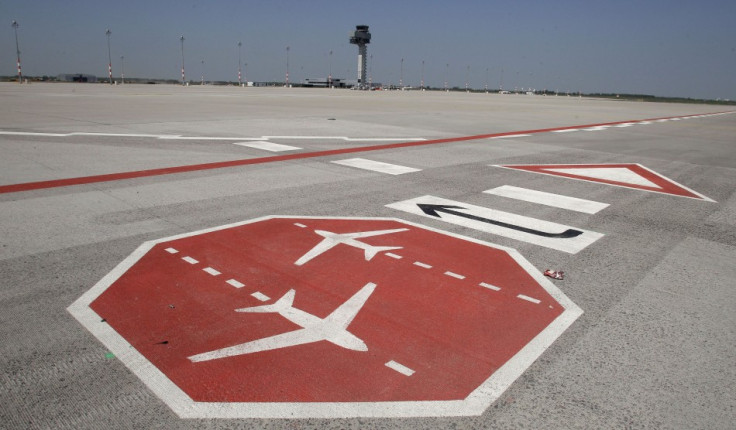Airlines Hedge Less Than Half of Fuel Costs Against Price Rises

Most of the world's major air carriers are using hedging tools to protect less than half of their fuels costs against future price increases, according to a research report from Mercatus Energy Advisors and Airline Economics.
In the report titled The State of Airline Fuel Hedging & Risk Management, which is comprised of data from 24 different airlines, some 43 percent of participants surveyed revealed that they are quite comfortable having a significant exposure to spot market prices and therefore potential price swings, as less than half of their fuel is hedged.
A majority of airlines have only implemented a hedging programme for 21 percent and 40 percent of its fuel for 2012, in a bid to mitigate losses from rising oil prices, according to the independent consultancy firm.
This information is interesting as "many airlines have recently stated that they are fearful of oil prices rising above the current forward curve," said the group that conducted the study.
Airline hedging programmes are typically implemented to a portion of the company's fuel purchases, in order to guard against fluctuating oil prices. Any percentage of fuel that is not hedged is bought on the spot market. Out of the survey participants, 82 percent said they currently have fuel hedges in place, however that leaves 18 percent without any security against oil price movements.
Meanwhile, only 29 percent of airlines revealed they hedged 41 percent and 60 percent of its fuel. Out of the total number of survey participants that have a fuel hedging programme, only 44 percent said the fuel hedging programme was there to protect against short term price increases, while 52 percent of survey participants said the procedures are in place in order to mitigate cash volatility.
"Over the course of the past few years, volatile oil prices have wreaked havoc on the airline industry, a trend which doesn't appear to be ripe for change any time in the foreseeable future," said Mercatus in the report. "The past five years have proven to be a very challenging time for the airline industry ... adding insult to injury, the state of the capital markets has left many airlines without access to much needed capital."
Last week, IBTimes UK revealed that hedging programmes at a number of airlines, including Air-France KLM, was not enough to guard the groups against soaring oil prices. While the Mercatus survey does not have year-on-year comparative data, the article in IBTimes UK revealed the changing landscape in aviation hedging practices over the last four years.
Brent crude oil fell for the fifth consecutive day today, below $113 a barrel as economic slowdown on both sides of the Atlantic dampened projected oil demand but Brent crude oil prices averaged around $115 a barrel in the first three months of the year.
However, in 2011, the crude oil markets sustained the high price levels, as the spot price of Brent averaged $111.26 a barrel, marking the first time the global benchmark averaged more than $100 a barrel for a year. In 2010, Brent crude averaged $80 a barrel, according the US Energy Information Administration.
In March this year, the International Air Transport Association cut its forecast for global airline profits for 2012, due to a sharp rise in oil prices, while also warning that a spike to $150 a barrel, could lead to up to $5.3bn in costs.
Interestingly, the Mercatus report revealed that participants that are currently and / or have utilised various hedging instruments and structures to their fuel purchase programme, favour fixed-price swaps and call options - the same instruments used by some airlines that in the past thas resulted in substantial net losses when the oil price plummeted from triple digit highs to double digit lows over the course of one year.
However, nearly 39 percent of airlines say that the average duration of hedge positions are between 0-6 months, while nearly a third of participants say their durations last between 7 to 12 months. Only 7.69 percent say the average duration of hedge positions are between 19-24 months.
© Copyright IBTimes 2024. All rights reserved.






